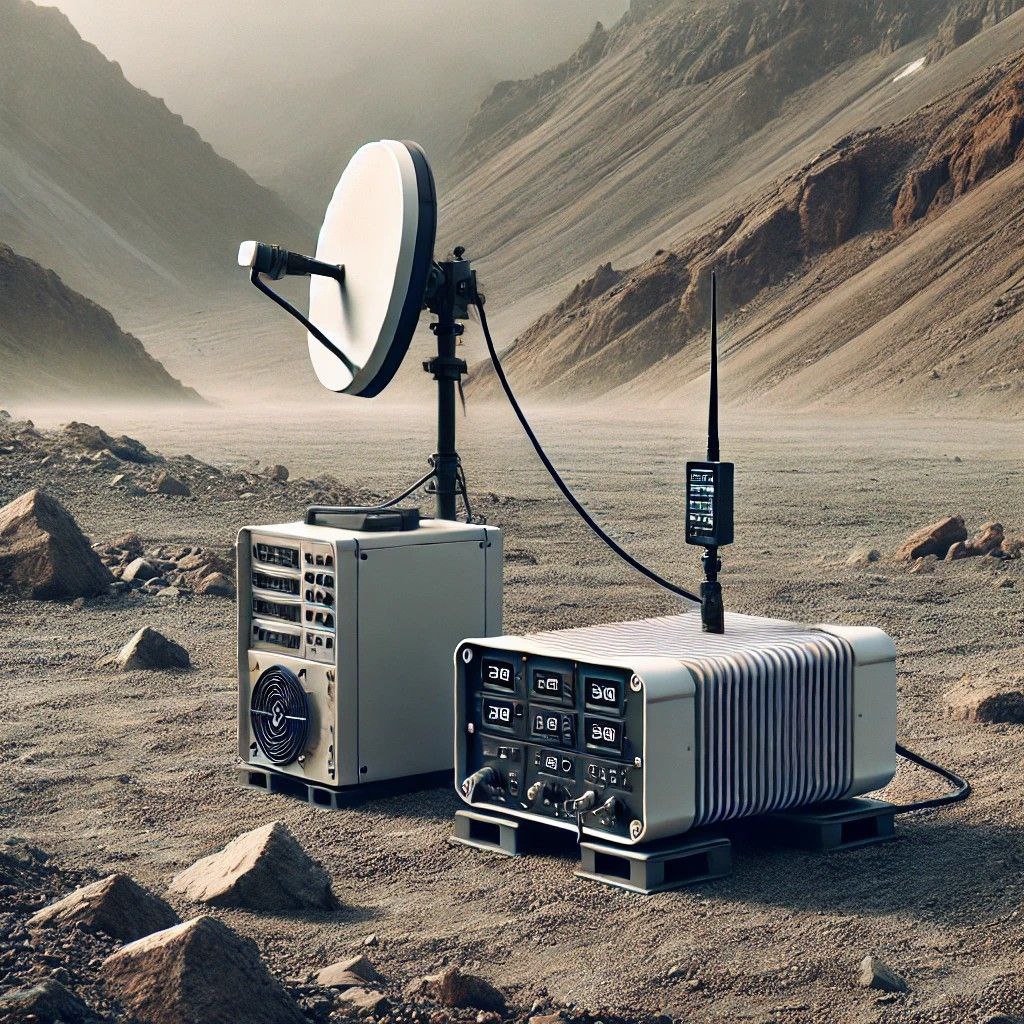Imagine a remote telecommunication tower located in a rural area, far from the main electrical grid. This tower is responsible for providing cellular coverage and internet connectivity to the surrounding region, which might include isolated communities, emergency services, and critical infrastructure. Given the remoteness of the location, the reliability of the power supply is crucial.
Use of “Joulepack AC Power Station”:
- Primary Power Source: In this scenario, the telecommunication tower relies on solar panels as its primary power source. “Joulepack AC Power Station” is installed as part of the tower’s power system. During the day, solar panels generate electricity, which powers the tower’s equipment and simultaneously charges the “Joulepack AC Power Station” battery storage.
- Nighttime Operation: At night or during periods of low sunlight (e.g., cloudy days), the solar panels cannot generate enough power to run the telecommunication equipment. “Joulepack AC Power Station” automatically kicks in, using its stored energy to power the tower’s operations. The inverter converts the stored DC energy in the batteries to AC power, ensuring seamless and continuous operation of the communication systems.
- Power Outage or Solar Failure: If the solar panels are damaged or fail to produce enough power due to extended poor weather conditions, “Joulepack AC Power Station” ensures that the telecommunication tower continues to operate by providing backup power until repairs can be made or sunlight is restored.
- Remote Monitoring and Control: “Joulepack AC Power Station” can be equipped with remote monitoring capabilities, allowing technicians to monitor the power status, battery levels, and overall system performance from a central location. This is particularly important for remote sites, as it reduces the need for frequent on-site maintenance visits.
- Long-Term Autonomy: Given the critical nature of communication in remote areas, “Joulepack AC Power Station” can be sized to provide several days of autonomy, ensuring that the tower remains operational even during prolonged periods of insufficient solar energy.

Benefits:
- Reliability: “Joulepack AC Power Station” ensures that the telecommunication tower remains operational even in the absence of grid power, providing continuous connectivity to remote areas.
- Reduced Maintenance: By combining power inversion and battery storage into a single unit, “Joulepack AC Power Station” simplifies the power infrastructure, reducing the need for complex maintenance and increasing system reliability.
- Scalability: The system can be easily scaled based on the energy needs of the tower, making it adaptable for different sizes and power requirements.
This scenario highlights how “Joulepack AC Power Station” can play a crucial role in maintaining the reliability of remote telecommunication systems, ensuring uninterrupted communication services in areas where power reliability is a challenge.
Briefly we can enumerate motivations of using Joulepack AC Power Station in remote telecommunication system as follow:
- Smart Generator Management
- Reliable Energy Supply
- Fast ROI through Fuel Savings, Reduced Maintenance Costs
- Extended energy source + PV => Provide power for extended number of cloudy days or DG failure
- Real-Time Monitoring and Remote Control
